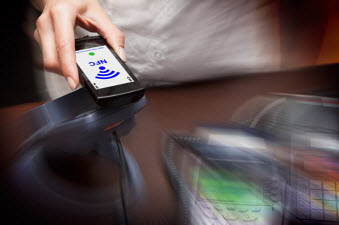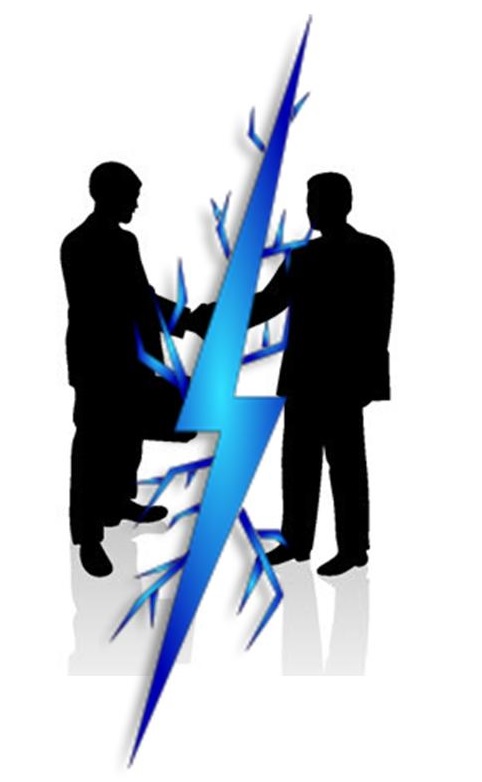The company is also prepping for the use of Bluetooth 4.0 LE for the use of this new feature.
A large number of industry giants have made every effort they could to try to popularize the use of NFC technology, but have seen very limited success until now.
Nokia is hoping that its latest project will turn that trend in a more positive direction.
The mobile device manufacturer has announced that it is coming out with a new Bluetooth accessory called a “Treasure Tag”, which will allow device users to apply NFC technology to tracking items from their enabled smartphones. The accessory’s development was recently funded by a Kickstarter project that functions on the Apple iPhone.
The concept behind the new feature is an NFC technology compatible tile that can be paired with devices.
The Treasure Tag helps to feature the state of the art Bluetooth Low Energy tech from Nokia, although the NFC technology based tag can be paired with any smartphone based on Windows Phone that is enabled with near field communications tech. The pairing requires a Windows Phone 8 app in order to be completed.
requires a Windows Phone 8 app in order to be completed.
The app in question is built onto the LiveSight AR tech from Nokia. When it is installed onto a smartphone based on Windows 8, it allows its users to manage the NFC technology sensor and be able to track that accessory if it goes missing. The app also provides the sensor’s location on a map.
Users are also capable of using the NFC technology tag to track a lost smartphone that has been paired with its sensor by holding down a key on the device. This will trigger the associated device to make a sound. This feature does require the device to be within the tracking and hearing range of the accessory but it will certainly help to recover a device from a given coat pocket in the closet or from between sofa cushions. When the device is just out of sight, it can be rediscovered much more easily in this way.
The NFC technology and Bluetooth device uses batteries that will keep it powered for a period of six months.
The publishing company has now withdrawn from an ebook partnership with the tech giant.
An agreement has recently been reached between Penguin, the book publisher, and the European Commission, which brought an antitrust probe against the company to completion and applied a number of mobile commerce regulations.
The result was that Penguin would not be able to enter into certain specific types of partnerships.
Primarily the legislative arm of the E.U. gave its approval to the conditions that state that Penguin would not be able to enter into any agreements that would give it the power to establish the prices on the ebook titles being sold, instead of a retailer. One of the results of this new regulation is that a mobile commerce deal between the publisher and Apple was forced to disintegrate.
The mobile commerce “most favored nation” agreement between Apple and Penguin has had to end.
 Within that mobile commerce plan, Apple allowed publishers to decide on the pricing that would be used for the sale of ebooks on its market, provided that they did not sell the same titles through another retailer for a lower price.
Within that mobile commerce plan, Apple allowed publishers to decide on the pricing that would be used for the sale of ebooks on its market, provided that they did not sell the same titles through another retailer for a lower price.
Previously, Apple and major book publishing companies had come to an “agency model” agreement for establishing the pricing for the electronic titles being sold over its marketplaces. That was a step away from the traditional “wholesale model” that is used by the majority of online and mobile commerce sellers, such as Amazon, where retailers were given the opportunity to resell ebooks for whatever price they wanted, including at or below cost.
Therefore, it did not come as much of a surprise that this strategy from Apple for ebook selling would subject it to considerable pressure and scrutiny in the European Union as well as in the United States.
Apple had to defend itself in a massive mobile commerce antitrust lawsuit from the United States Department of Justice. It lost that case earlier this year. The American judge determined that Apple was conspiring with book publishers to increase ebook prices. Though the wireless device manufacturer did appeal the American court’s decision, should the current ruling hold, the company may be required to pay damages worth almost $500 million.
 requires a Windows Phone 8 app in order to be completed.
requires a Windows Phone 8 app in order to be completed.
 Within that mobile commerce plan, Apple allowed publishers to decide on the pricing that would be used for the sale of ebooks on its market, provided that they did not sell the same titles through another retailer for a lower price.
Within that mobile commerce plan, Apple allowed publishers to decide on the pricing that would be used for the sale of ebooks on its market, provided that they did not sell the same titles through another retailer for a lower price.